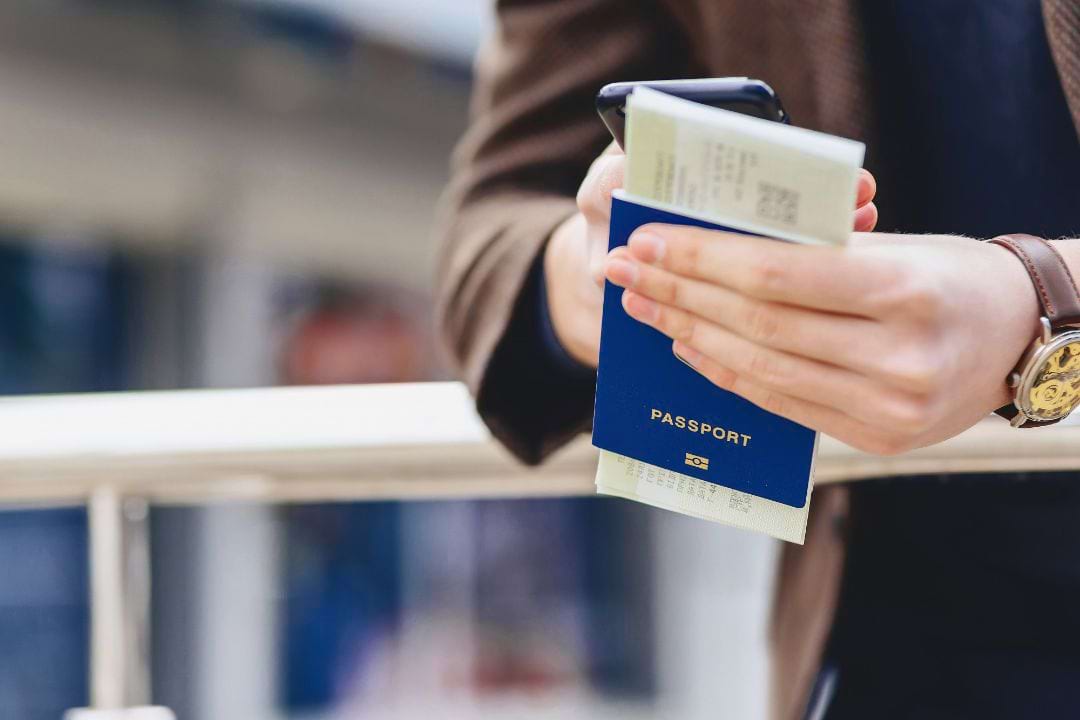More about traveling in Kosovo
Kosovo is ringed by high mountains, ravaged by ethnic tensions, yet its renaissance is just a breath away. Rebuilding is all but complete, domestic tensions have eased and with the help of welcoming Kosovars, the country is emerging as one of the most exciting tourist destinations in southeastern Europe. Written by two Kosovo experts, who lived in the newly independent state for many years, Bradt’s Kosovo explores gorges and mountains, mosques and kullas, and soaks up the café culture with a macchiato or a glass of fiery raki. From hip urban hotspots to remote monasteries, Kosovo offers up many delights to the adventurous traveller who steps off the beaten path. With revised and detailed descriptions of the growing number of restaurants, bars and shops, plus accommodation to suit all budgets, this second edition to a groundbreaking guide is a vital tool for tourists, NGOs and long-term visitors.
Everyone may ask if Kosovo is safe to travel or visit, the final answer is YES, Kosovo may be the safest country in the Balkans, Kosovo has the strongest police in the region, it has a sophisticated army with the latest military equipment, NATO also has the largest base in Kosovo!
All you have left is to visit Kosovo and be amazed by the beauty of the culture, the greatness of the mountains and the local hospitality where almost every second person speaks English!
Visa-free travel for short stays
As a tourist, you won’t need a visa for stays of less than 90 days.
You may need to provide documents showing the reason for your visit when entering.
Border authorities issue a 90-day entry stamp. You can renew your stamp for longer stays.
Kosovo-Serbia border
Don’t attempt to enter Serbia from Kosovo unless you initially travelled to Kosovo from Serbia.
Entering Kosovo from Serbia at Merdare and Dheu i Bardhë, also known as Gates 3 and 5, can mean:
long waiting times
long vehicle queues
You need a valid, recent Serbian entry stamp in your passport to travel from Kosovo to Serbia. If not, you’ll need to transit via a third country.
Montenegro and North Macedonia are transit options for travel by road.
Passport
Some countries won’t let you enter unless your passport is valid for 6 months after you plan to leave that country. This can apply even if you’re just transiting or stopping over.
Some foreign governments and airlines apply the rule inconsistently. Travellers can receive conflicting advice from different sources.
You can end up stranded if your passport is not valid for more than 6 months.
Check your passport’s expiry date before you travel. If you’re not sure it’ll be valid long enough, consider getting a new passport.
Police forces in Kosovo
The Kosovo Police Force works with the Kosovo Force (KFOR) to maintain security. KFOR is an international peacekeeping force led by NATO.
Check local developments before and during your journey.
Travel Insurance
Get comprehensive travel insurance before you leave.
Your policy needs to cover all overseas medical costs, including medical evacuation.
If you can’t afford travel insurance, you can’t afford to travel. This applies to everyone, no matter how healthy and fit you are.
If you’re not insured, you may have to pay many thousands of dollars up-front for medical care.
Confirm:
what activities and care your policy covers
that your insurance covers you for the whole time you’ll be away
Money
The official currency of Kosovo is the euro.
You need to declare amounts over 10,000 euro or equivalent when you arrive. This covers all forms of currency, not only cash. If you don’t, you may be fined.
Kosovo’s economy is largely cash-based. Expect to make payments in cash, especially in small establishments.
Some hotels, shops and restaurants accept credit cards.
ATMs are generally available in major urban centres. It’s a good idea to carry some cash, including for minor purchases.
Road rules
You must have third-party vehicle insurance to drive. You can buy insurance when you enter.
You must pay any road tolls and fines in cash in the local currency.
Speed limits are strictly enforced.
The maximum allowed speed in Kosovo is 130 km-h.
Rail travel
Trains operate regular services:
from Skopje to Prishtina via Hani i Elezit
from Prishtina to Peja/Pec
Trains are slow but generally reliable.
Emergencies
Depending on what you need, contact your:
family and friends
travel agent
insurance provider
employer
airline
Fire and rescue services
Call 193.
Medical emergencies
Call 194.
Police
Call 192.
Always get a police report when you report a crime.
Your insurer should have a 24-hour emergency number.



Comment (0)